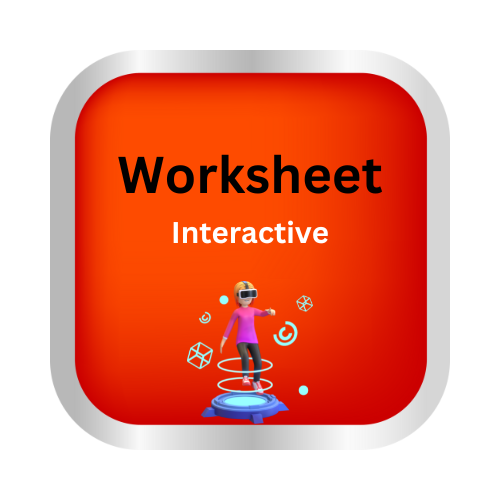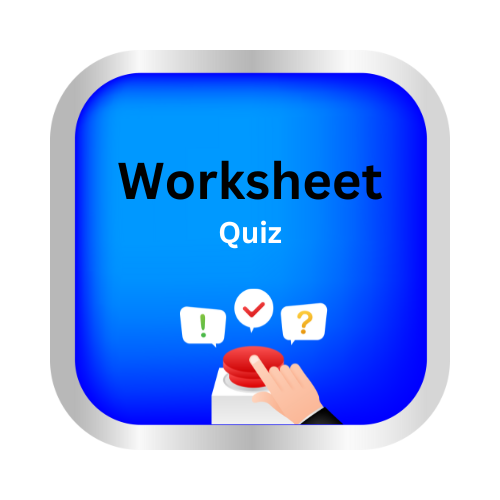Use the correct frequently confused word
key notes:
Definition of Frequently Confused Words:
- Frequently confused words are pairs of words that sound similar but have different meanings or spellings (homophones, homonyms, or easily mistaken words).
- Examples: their/there/they’re, to/too/two, accept/except, affect/effect.
Understanding Word Meanings:
- Teach students the distinct meanings of each word in common confused pairs.
- Use examples in sentences to illustrate how each word should be used.
- Focus on the context in which each word fits to help students differentiate.
Commonly Confused Word Pairs:
There/Their/They’re:
- There: a place or position.
- Their: belonging to them.
- They’re: a contraction of “they are.”
To/Too/Two:
- To: preposition (direction or purpose).
- Too: also or excessively.
- Two: the number 2.
Affect/Effect:
- Affect: to influence (verb).
- Effect: a result (noun).
Context Clues:
- Teach students to look at the other words in the sentence (context) to choose the correct word.
- Example: “I need to (to/too/two) go to the store.”
Strategies to Remember:
- Use mnemonic devices to help remember the difference. For example, “Affect is an Action (A is for action).”
- Visual aids like charts or tables with examples of frequently confused words.
let’s practice!

